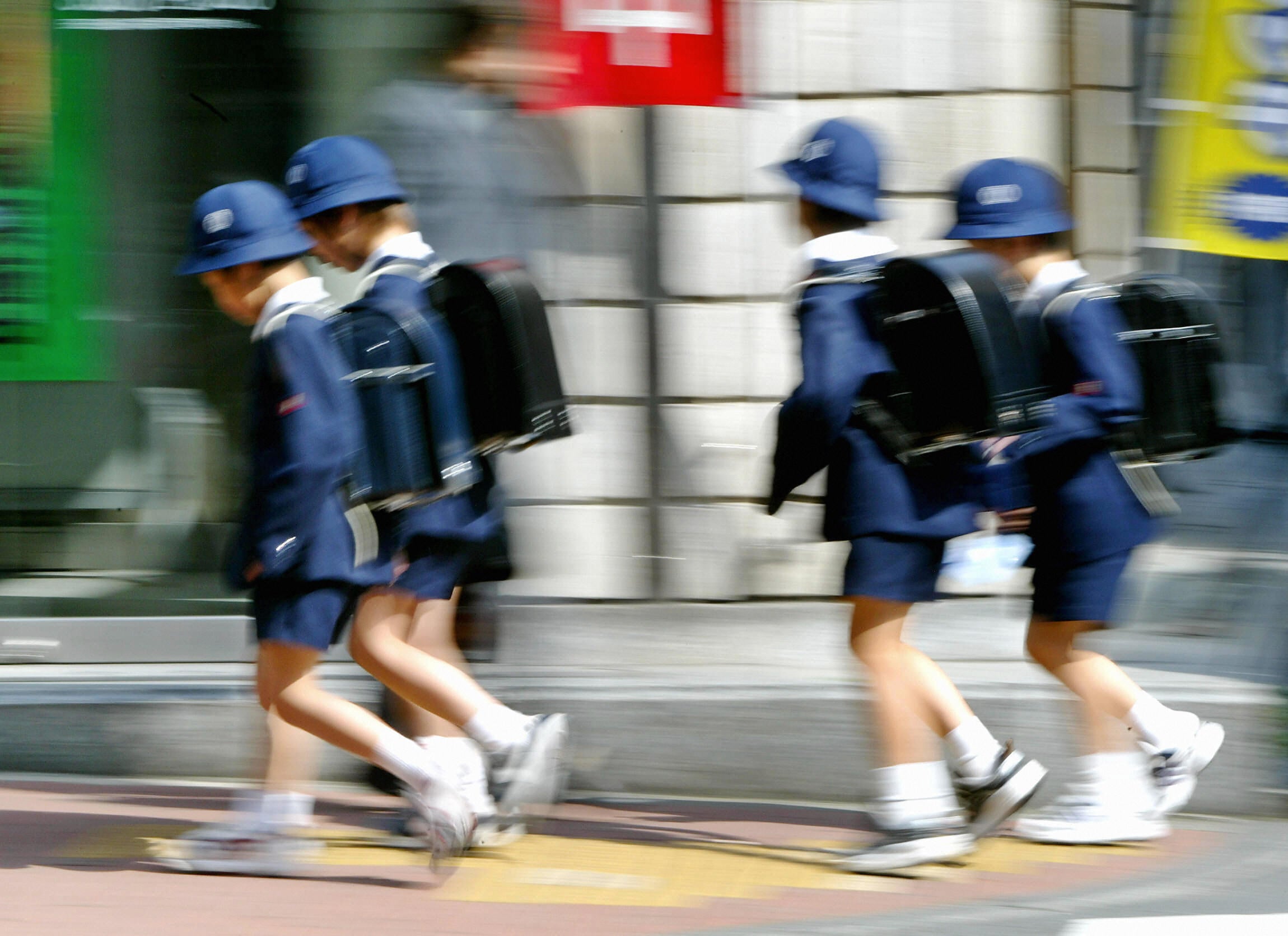
Survivors of childhood sexual abuse and activists are urging the Japanese government to abolish time limits on civil lawsuits seeking compensation, arguing that current laws make it almost impossible for many victims to access justice.
Nearly 60,000 people have participated in a signature campaign since January demanding the abolition of the time limit, the Yomiuri Shimbun reported.
Under Japan’s civil code, victims must file a civil lawsuit within three years of recognising harm caused by an unlawful act. Survivors and campaigners however say trauma often prevents individuals – particularly those abused as children – from recognising the abuse or coming forward until much later in life.
Ikuko Ishida, 47, is among those leading the call for change. The photographer alleges that she was sexually assaulted by a male teacher in junior high school but only came to understand the nature of the abuse in her late thirties.
“I could not comprehend that a schoolteacher would commit an indecent act against a student,” she told the newspaper. It wasn’t until she developed post-traumatic stress disorder in 2016 that she began to process the experience.
The accused teacher was fired from the junior high school in Sapporo in 2021 after Ms Ishida came forward.
Ms Ishida says the abuse began in 1993 and culminated in sexual assault shortly before her graduation. When she turned 38, Ms Ishida started developing post-traumatic stress disorder and, in 2019, she filed a suit for damages against the accused as well as the Sapporo city government.
While the court recognised that the abuse had occurred, it dismissed her suit on the ground that the statute of limitations had expired. The Tokyo High Court upheld the lower court's decision.
“In many cases, a long time is needed until the victim in a sex crime becomes able to claim the damage,” Ms Ishida told the Yomiuri Shimbun. “Under the statute of limitations, it is irrational that the passage of time makes it difficult for victims to even stand in a court trial.”
She is asking for the limitation period to be “abolished or at least extended”.

A study conducted by the Japanese government in June 2022 found that sexual abuse of minors in most cases happened at school. The survey found that 2,040 of the 8,941 respondents had been victims of child sex abuse, The Manichi reported.
Japan revised its criminal code in 2023 to extend the limitation period for sex crimes – setting it at 15 years for rape and 12 years for sexual abuse with the clock starting at age 18 for child victims – but did not make an equivalent reform to the civil code.
In contrast, countries like Germany suspend civil time limits until victims turn 21.
“Measures for dealing with sex crime damage to underage victims have progressed overseas,” Yoshihito Kawakami, a lawyer leading the campaign in Japan, said. “We want to energise discussions on the issue in Japan through our activities.”
The campaign, which began gathering public support early this year, has garnered over 60,000 signatures so far. Organisers plan to present the petition to the House of Representatives and the House of Councillors by the end of next month, hoping that lawmakers will introduce a special bill.
Legal experts argue that reform is long overdue. “It’s hard for victims to speak up about sexual assaults in childhood. Making them think ‘it is useless to file a lawsuit because of the statute of limitations’ is no different from causing secondary damage,” Professor Katsumi Matsumoto of Ritsumeikan University said. “It is necessary to seriously consider new frameworks such as suspension of time limits.”
The Legislative Council, an advisory body to the Japanese justice ministry, previously discussed extending the civil statute of limitations to 10 years in serious cases but only a five-year extension was implemented, reportedly due to concerns about evidence loss.
There are no specific provisions currently for underage victims seeking civil compensation, making Japan’s legal framework inadequate for survivors of childhood sexual abuse, according to campaigners.







